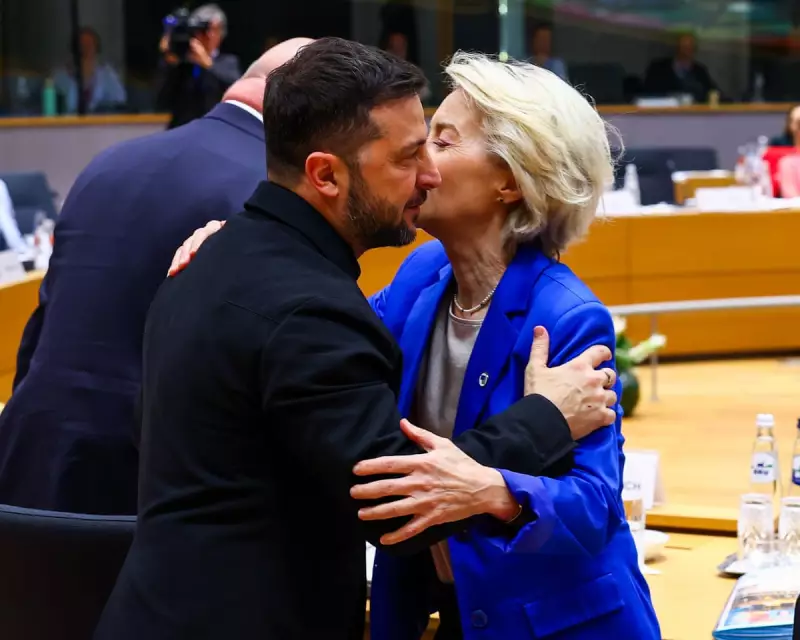
In a dramatic escalation of economic pressure, the European Union has launched its most significant assault yet on Russia's energy revenues, directly targeting the Kremlin's lucrative liquefied natural gas (LNG) sector for the first time.
A Strategic Strike at Russia's Financial Lifeline
The landmark sanctions package, confirmed on Thursday, represents a fundamental shift in Europe's approach to weakening Vladimir Putin's war machine. After previously focusing on pipeline gas, Brussels is now taking aim at Russia's £8 billion LNG industry, which has become a crucial financial lifeline for Moscow since the invasion of Ukraine.
What the New Sanctions Actually Ban
The comprehensive measures include:
- An immediate prohibition on EU investment in Russian LNG projects, effectively freezing future development
- A complete ban on Russian LNG imports into EU territories, closing European markets to Russian shipments
- Strict restrictions on EU involvement in trans-shipments of Russian LNG to third countries
- Targeted asset freezes and travel bans against key figures in Russia's energy infrastructure
Closing the Trans-shipment Loophole
Perhaps the most significant aspect of the new regime addresses the controversial practice of trans-shipment, where Russian LNG is transferred between ships in EU ports before being shipped to global markets. This has allowed millions of tonnes of Russian gas to continue flowing through European waters despite the ongoing conflict.
"This isn't just about stopping direct imports anymore," explained an EU diplomatic source. "We're shutting down the entire ecosystem that allows Russian LNG to profit from European infrastructure while funding atrocities in Ukraine."
Economic Impact and European Resilience
While the move delivers a substantial blow to Russian coffers, European energy security remains robust. EU officials emphasise that the bloc has successfully reduced its dependency on Russian gas from over 40% before the war to less than 15% today.
The sanctions package specifically exempts existing contracts until their expiration dates, allowing for a managed transition that prevents market disruption. This careful balancing act demonstrates Europe's learned experience in navigating energy sanctions without causing domestic price spikes.
The Global Energy Chessboard
This decision places additional pressure on other major energy consumers, particularly in Asia, to reconsider their reliance on Russian LNG. As EU ports close to Russian trans-shipments, Moscow faces significant logistical challenges in maintaining its global energy exports.
The coordinated action represents the EU's 15th sanctions package since the invasion began, signalling unwavering European resolve to continue economic pressure until Russian aggression ceases.





